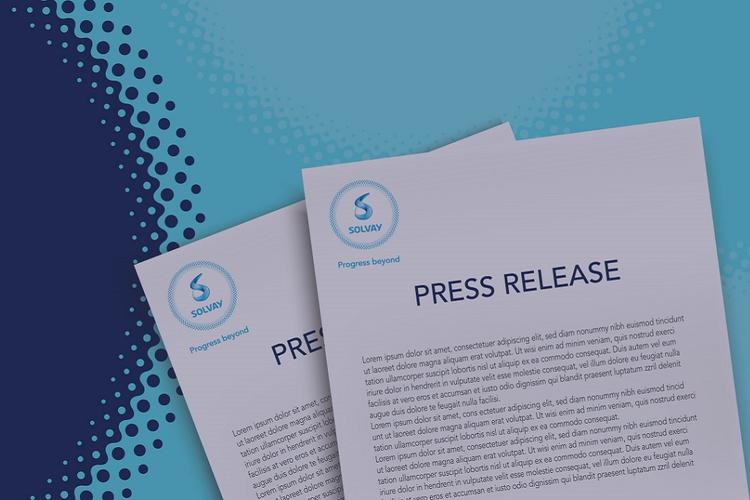If you’re not up to date on the plastics crisis at the moment, where have you been? Earlier in
2018 the UK’s Prime Minister; Teresa May gave a big speech. She addressed the fact that
there is a plan to counteract our environmental issues, namely plastic pollution. She issued a
statement that explains her intentions to launch a “war on plastic”. The EU has plans to ban
the use of single-use plastics. The name is rather self-explanatory, but it simply means that
the plastic bottle or plastic straw needs to be thrown away after you’ve used it once. The
same goes for things like most food packaging. You’ll usually put this in the big after you’ve
finished with it.
Is there a case for banning plastics?
The consumption of single-use plastics has increased over the past few years in a dramatic
fashion. Now, keeping that in mind our ability and a planet to recycle that plastic at scale
doesn’t compare. We do not have the capacity to take it on even though something needs to
be done. According to 4Ocean ; on a global scale, 1.4 billion pounds (which is 635029318
KG) of waste finds its way into the ocean every year. While plastic doesn’t equate to the
entirety of that number, The World Count has said that 5 million plastic bags end up in the
ocean. So, it’s understandable that people what the leaders of the world to get something
done. The ban is just an easy way to get around the problem and make the public happy.
But from the statistics above, you can see that there is a big problem with waste and littering
in general.
If left unchecked, the pollution will have a dramatic effect on tourism too. Los Angeles
recorded 41.2 million people visiting for a domestic reason according to the Los Angeles
Tourism and Convention Board . This number is sure to decrease if the beaches of LA are
going to get worse. So, for the sake of the tourism industry, reducing the amount of pollution
in the ocean will be beneficial.
Why will the ban fall short?
The fact that our local and foreign governments are actively trying to find a way out of this
mess is comforting. However, the use of these bans may cause a decrease in visible plastic
pollution, it will likely have other impacts on the environment. The banning of plastic bags will
require an alternative material. But the production of plastic bags has fewer negative effects
when compared to that of other mother materials. A study in Denmark found that you would
have to reuse a paper bag over 43 times to make sure that ‘per-use’ environmental impacts
match that of a plastic bag, used only once.
What’s more, they said that in general, “LDPE carrier bags… are the carriers providing the
overall lowest environmental impacts when not considering reuse.”
So, the solution?
The above study suggested that the best options that offer the eco-friendliest solution will be
to use polyester bags. You’ll have to use them a minimum of 35 times for it to be worthwhile
though. This would ensure that the per-use impacts on the environment will be as low as
possible. What’s more, we’ll keep plastic pollution out of the natural habitats and make sure
we preserve marine life. The only issue with this will be the fact that it won’t have a big
enough impact to completely mitigate the plastics issue. This is because around 9% of
plastic is recycled, which means the other 91% is left in the ocean or put in a landfill.
The way forward may be to look into how we can prioritise certain uses of plastics, making
sure we use it to create products that are necessary. There are industries within
manufacturing in which it makes sense to use plastic. For example, the injection moulding
process uses a material called thermoplastics. The use of this means we’re able to create
products, parts and tools that would otherwise be impossible to produce.
Creating a car interior will benefit from plastic because it’s a light and durable material.
Making the car’s interior last longer will mean that there will be less waste. People won’t
have to get their cars reupholstered or repaired which results in fewer materials being used.
The lightweight nature of plastic also offers the opportunity to use less fuel which will help to
lower your carbon emissions .
The point is; would it be okay if we cut down on the use of plastics? We can use it for
products that require it, we can make sure we’re using it as a necessity instead of a luxury. It
would seem that the problem isn’t with plastic as a material, the properties of some plastic
means we’re able to reuse it, the fact that it has a presumed lifespan of 500 years means we
can create long-lasting products. The problem is how we use it and what we use it for
Contact : Pro Moulds







